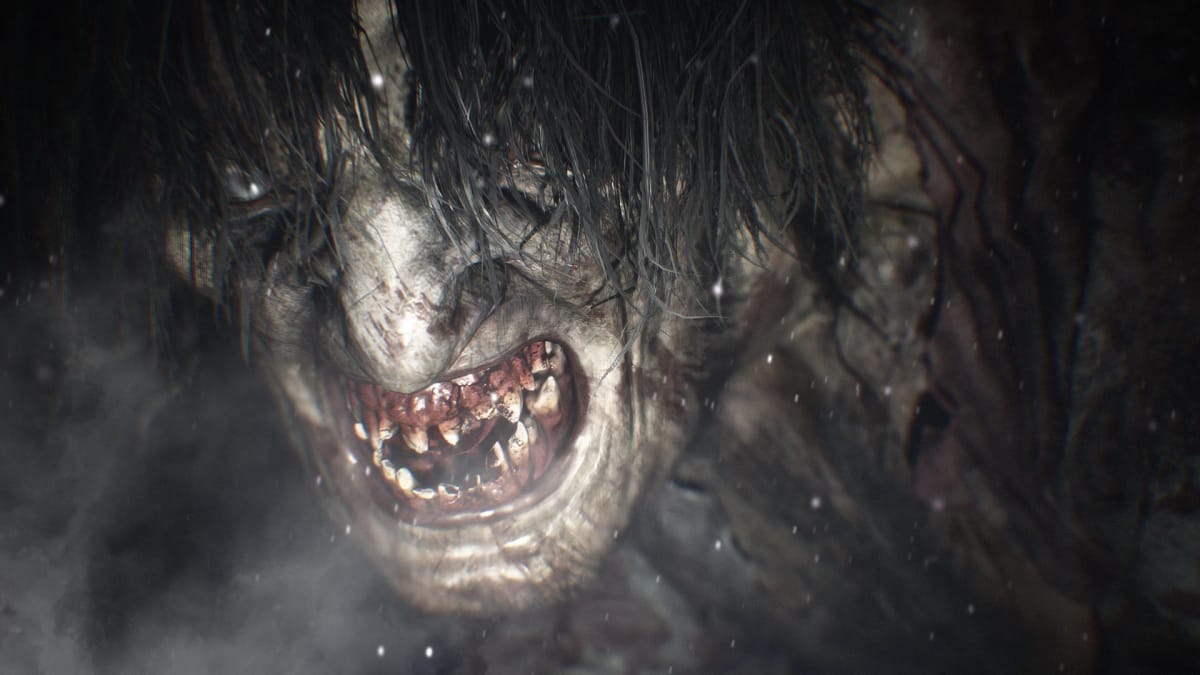Horror games are consistently one of the most popular subgenres in gaming, be it this year's Resident Evil, the ever-so-popular Five Nights At Freddie’s, or the soon-to-be lost to time PT. Horror games not only sell well, but are always part of the overall conversation. When we look at the sales data, social media presence, and general excitement around a big horror title, one thing is very clear. People like getting scared, even if they don’t like it in the moment. And if you’re like me, you always seem to find yourself in that position time and time again.
So why is this?
This suggests that the rush and thrill of a scary moment, be it in person or on a screen, can cause an uptick of emotions that not only scares us but excites us.
In a 2014 study by Teresa Lynch and Nicole Martins titled “Nothing to Fear? An Analysis of College Students' Fear Experiences With Video Games,” they discovered that after playing horror games such as Amnesia and Silent Hill, over half of the study's subjects experienced fear, immediately followed by a sense of joy and excitement. This suggests that the rush and thrill of a scary moment, be it in person or on a screen, can cause an uptick of emotions that not only scares us but excites us. Even though we all have our own version of what “scares” us, we all tend to have a similar reaction afterwards.
In psychology, there's a term called “Excitation Transfer Theory”. Excitation Transfer theory is the belief that aggressive responses to one thing will lead to a stimulus of another emotion without us being aware it's happening. This can happen during a jump scare or a suspenseful buildup.
Think about the last time you experienced a jump scare. It’s likely that right after the scary moment ended, you either laughed or felt excited. This is a prime example of an excitation transfer. By heightening the first response (and in this case not dying), we subconsciously reward ourselves with a payoff, similar to the effects enchantment marketing and nostalgia. This feeling can be so strong that it makes us want to keep doing more of what scares us. Be it a haunted maze, scary movie, or in this case, survival horror games.
There's an escapism with horror that resonates with us in a different way than most games can. Facing and overcoming our fears, even if they’re just pixels on a screen, is a common way to experience that excitation transfer. We get emotionally invested in the games we play, and so in the case of a survival horror title like Outlast, we not only have a chance to live out the story firsthand, but deeply empathize with the characters because were interacting with them. Combine that feeling with the instant reward of getting scared and you have a pretty potent form of escapism with horror games.

In short, we play scary games because they’re a powerful means of escapism. Be it a subconscious thing or just the sense of excitement we get from overcoming something scary, horror games are fun. Even if they scare us in the moment, the feeling afterward is rewarding enough to keep us coming back for more year after year.
Read on to find out more about the psychology behind why we enjoy horror games.
Have a tip, or want to point out something we missed? Leave a Comment or e-mail us at tips@techraptor.net












